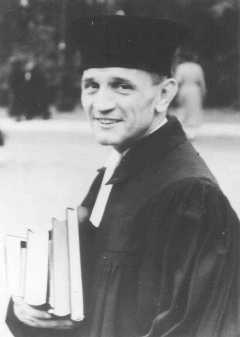Television in the home
Rock n’ Roll
Polio Vaccine
Rosa Parks
Little Rock Desegregation
Space Race
1960s
Kennedy assassination
Man on the moon
1970s
President Nixon resigns
Microsoft founded
Mother Theresa
1980s
Rubik’s Cubes are big
Personal computers!
Michael Jackson’s Thriller
“Black Monday”
Berlin Wall falls
MRS KEMPTON BORN
1990s
Gardner Heist
World Trade Center bombed
Dolly the Sheep- cloning
Harry Potter huge success
Princess Diana dies
1. Get in a partnership and select your Modern History Project topic.
2. Conduct your research, taking notes on the following: WHO, WHAT, WHEN, WHERE, WHY
3. You may present your findings in one of the following formats:
-Poster with bullet points and pictures. A detailed paper answering the who, what, when, where, why questions will be taped to the back.
-Informational essay with pictures about your topic.
-Newspaper using the tool you worked with for your Holocaust research. Make sure you include pictures!
-Powerpoint
4. Regardless of the format you choose to write your findings, you will present your information to the class. That presentation should cover all of the key details and use a visual of some kind.
